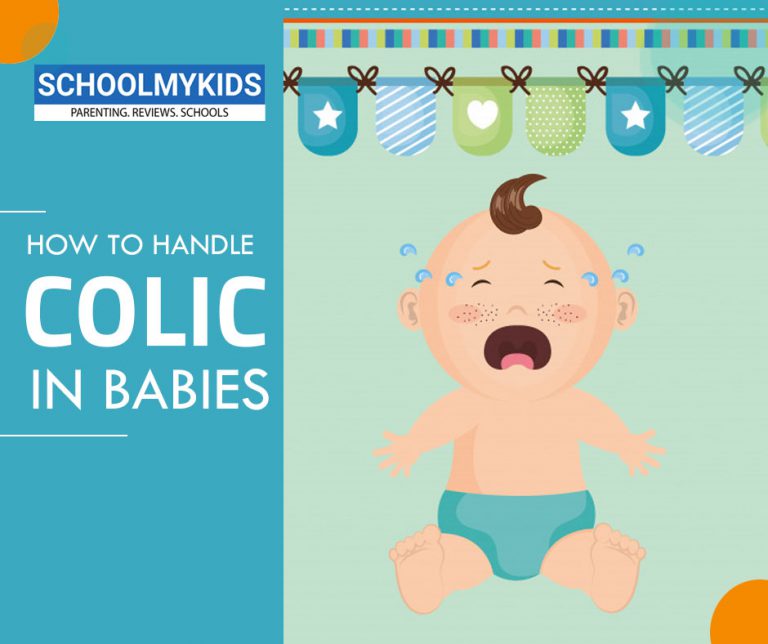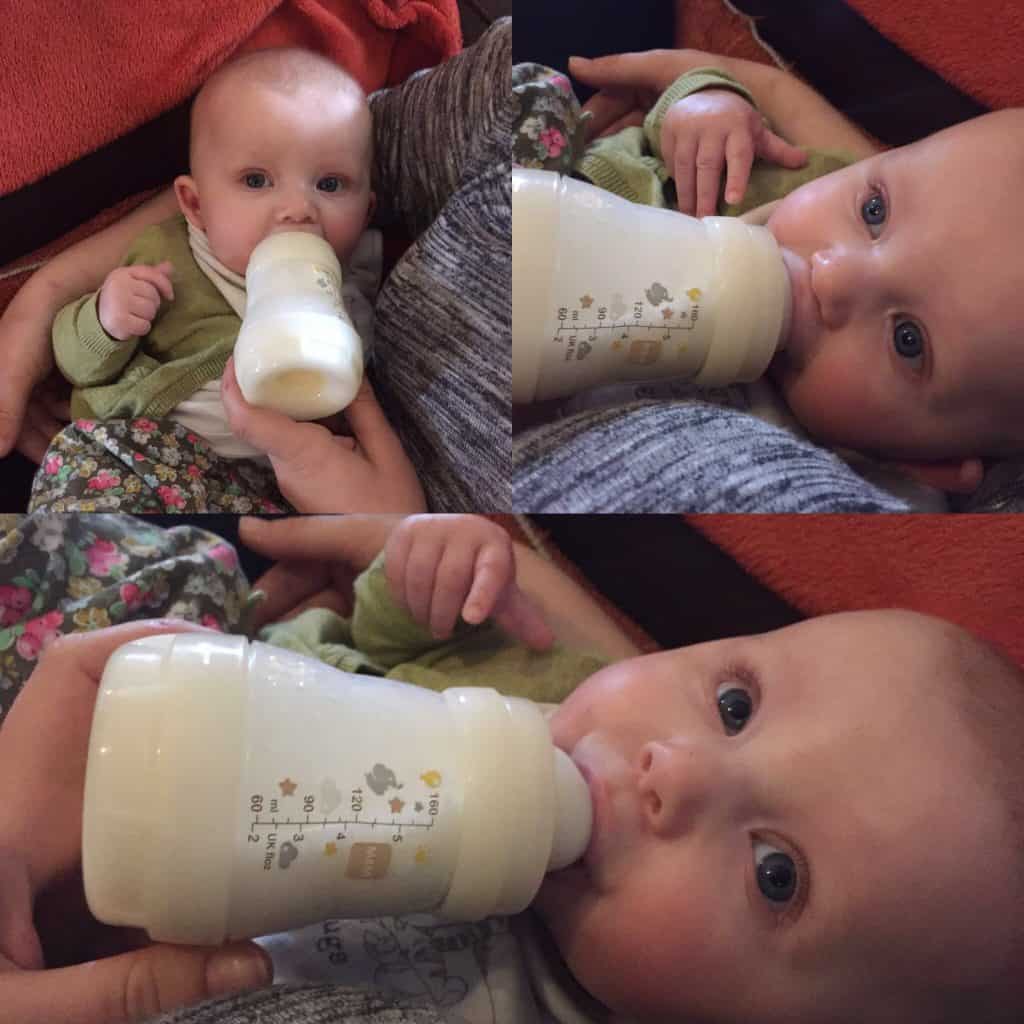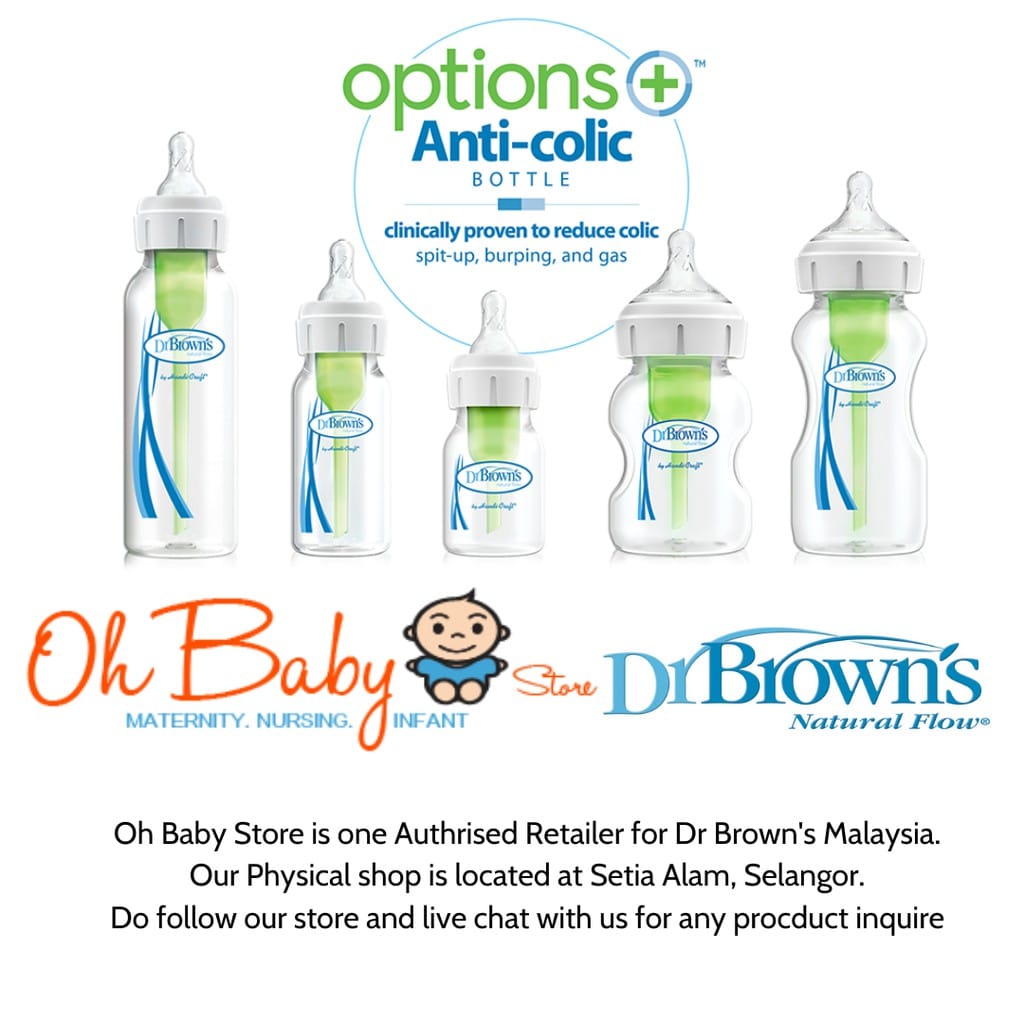How To Help A Baby With Colic
There is no treatment for colic. Different things will help different babies. As you get to know your baby, you will learn what works for you.
Things that might help include:
- Hold your baby close during a crying episode. You are not ‘spoiling’ your baby by responding to their needs in this way.
- Sit your baby upright during feeds.
- Wind or burp your baby after feeds.
- Gently rock your baby.
- A warm bath can really help some babies with colic.
- Avoid over-stimulating your baby with loud noise, bright lights or a crowded room.
- Gently massaging your baby’s tummy before they are likely to cry may help. Do this in a circular motion. Do not massage after a feed.
There are some other things you may like to try. There is no scientific research to support their use, but some parents find them helpful:
- Movement and motion, for example a walk in the buggy or pram, or a car journey.
- ‘White noise’ like the low frequency noise of a vacuum cleaner, a radio not tuned in properly or ‘white noise’ music or apps.
Advice For Colic If Breastfeeding
Breastfeeding your baby can help them to relax and relieve pain.
Try emptying your milk in one breast during a feed before changing breasts. You create two types of milk when breastfeeding and the second half of your milk has more fat in it.
Fat slows down digestion and helps to release food slowly, helping with digestion.
If breastfeeding, avoid drinking tea, coffee and other drinks that contain caffeine.
Advice for colic if bottle-feeding
Try making up bottles with 1 to 2 oz more milk than your baby drinks. This will allow feeding to appetite and you can tell when your baby is full.
Minimise the amount of air in the bottle and feed your baby in the correct position.
Avoid changing the type of formula your baby is using. Always talk to your public health nurse before changing your baby’s formula milk.
Keeping Yourself Calm Through Excessive Crying
Trying and failing to soothe a baby who is crying inconsolably can be very stressful. Its important to remember your babys colic is not your fault and youre not a bad parent because you cant get them to stop crying.
If youre feeling stressed, we suggest you check out our article about how to cope and keep calm when looking after your baby. You could also try out one of the many free meditation apps to help you feel more calm.
If youre becoming overwhelmed or feel like you cant cope, its OK to put your baby somewhere safe and have 10 minutes of time out. Make sure youre asking loved ones for support and dont hesitate to reach out for help. A support line like that NCT offers on 0333 252 5051 can also provide help and advice to parents with babies that cry excessively.
You May Like: How To Properly Feed A Newborn
Are Herbal Remedies Effective In Treating Colic
Many parents have faith in the benefits of herbal remedies to relieve the distress of a colicky baby. While some healthcare professionals also believe herbal remedies may help, others believe they offer no more than a placebo effect. There have been very few studies on the effectiveness of herbal remedies in the treatment of infant colic, so the jury is still out.
Does Overfeeding Cause Colic

When fed too much, a baby may also swallow air, which can produce gas, increase discomfort in the belly, and lead to crying. An overfed baby also may spit up more than usual and have loose stools. Although crying from discomfort is not colic, it can make crying more frequent and more intense in an already colicky baby.
Read Also: How To Keep My Newborn Sleep At Night
How Is Colic Treated
Theres no treatment to make colic go away. But there are ways you can help:
- Make sure your baby isnt hungry.
- Make sure your baby has a clean diaper.
- Try burping your baby more often during feedings.
- If you bottle-feed, try other bottles to see if they help your baby swallow less air.
- Ask your doctor if changing formula could help.
- Some nursing moms find that cutting caffeine, dairy, soy, egg, or wheat from their diet helps. Talk to your doctor before doing this and stop only one thing at a time.
- Rock or walk with the baby.
- Sing or talk to your baby.
- Offer the baby a pacifier.
- Take the baby for a ride in a stroller.
- Hold your baby close against your body and take calm, slow breaths.
- Give the baby a warm bath.
- Pat or rub the babys back.
- Place your baby across your lap on his or her belly and rub your babys back.
- Put your baby in a swing or vibrating seat. The motion may be soothing.
- Put your baby in an infant car seat in the back of the car and go for a ride. Often, the movement of the car is calming.
- Play music some babies calm down with sound as well as movement.
Some babies need less stimulation. Babies 2 months and younger may do well swaddled, lying on their back in the crib with the lights very dim or dark. Make sure the swaddle isnt too tight. Stop swaddling when the baby is starting to be able to roll over.
Recommended Reading: What Do I Need For My Newborn Baby
Symptoms Of Colic In Babies
Do you have a baby under the age of about 3 months?
Does your baby have episodes with the following symptoms?
- Has crying spells, lasting several hours in a day
- Screams, sometimes inconsolably
- Brings his legs up to his chest
- Arches his back in distress.
Colicky crying tends to begin around the late afternoon or early evening and can last for a few hours a day or more. Among parents with young babies, this time of the day is often referred to as the arsenic hour.
Please dont worry, though. Your baby is probably perfectly healthy.
Read on to find out more.
You May Like: How To Give A Newborn A Bath With Umbilical Cord
Tips For Comforting A Colicky Baby
Often, a baby with colic can be comforted through swaddling, a pacifier, or relaxing in a baby swing or rocking device. If these ideas dont work, and you can see no physical reason for your baby’s discomfort, try:
- Gently bouncing or strolling your baby
- Taking a car ride
- Creating white noise with soft music or a vacuum cleaner
When To Call The Doctor About Colic In Babies
While the odds are that your babys daily screaming sessions are due to colic, if it seems like your baby is crying excessively, start by seeing the pediatrician.
The doctor can examine your baby to rule out any other potential causes of excessive crying. And if they think you’re definitely dealing with colic? It’s good to get some reassurance and maybe a few extra soothing strategies.
Describing the crying will also help the doctor rule out any underlying medical condition that could be triggering the crying.
Keep in mind, too, that this shall pass: Just when you think you can’t take another night of it, the crying will let up and then it’s gone forever.
From the What to Expect editorial team and Heidi Murkoff, author of What to Expect When You’re Expecting. What to Expect follows strict reporting guidelines and uses only credible sources, such as peer-reviewed studies, academic research institutions and highly respected health organizations. Learn how we keep our content accurate and up-to-date by reading our medical review and editorial policy.
- What to Expect the First Year, 3rd edition, Heidi Murkoff.
Recommended Reading: How Often Should You Feed A Newborn
How Is Colic Diagnosed
The healthcare provider will ask about your childs symptoms and health history. He or she will give your child a physical exam. You may be asked questions such as:
- How long and how often does your baby cry?
- Have you found anything that seems to trigger the crying?
- What comfort methods help to calm your baby, if any?
Blood tests and X-rays or other imaging tests may be done. These can help find out if your baby has other health problems.
How To Soothe A Baby With Colic
You had just settled into a comfortable routine with your new baby when, at about 3 weeks old, they start fussing and crying for hours each evening. Welcome to one of the most challenging aspects of parenting a baby: colic.
While colic sounds like a disease, its simply the name for excessive crying during a babys first few months. The good news about colic is that it typically lasts until the baby is about 3 months old, then magically disappears, says Catherine Bonita, MD, FAAP, a pediatrician with expertise in newborn care and nutrition at CHOPs Primary Care location in Flourtown, PA.
Thats also the bad news. A few months of trying to soothe a colicky baby through the evening can seem like a very long time.
You May Like: How Many Ounces Of Formula Does A Newborn Need
How Do You Get Rid Of Constipation In A Newborn
Give your baby a warm bath to relax their bowel. Gently massage your babys tummy in a clockwise direction. Make firm but gentle circular motions from the belly button outwards. Lie your baby on their back and gently move their legs backwards and forwards in a bicycle motion.
Choosing The Right Formula: 3 Basic Steps

To start with, here are 3 easy steps that will help you choose the right formula, plus a few things to keep in mind before you prepare it.
Step 1: Choose the right formula for your baby. If youre not sure what formula is best, talk with your pediatrician for advice. Use our Formula Finder to get tailored suggestions.
Step 2: Choose the type of formula that works best for you: powder, ready to feed, or concentrated liquid.
Tip: Use powder or concentrated liquid for everyday use and ready to feed for convenience when traveling.
Step 3: Read all the information below before making your first bottle. We hope this will answer any questions that may come up along the way.
Read Also: How Many Ounces Of Formula For A Newborn
Parent’s Diet And Breast Milk
The cause of colic may not be known, but many things are thought to contribute to the condition, including the breastfeeding parent’s diet.
The foods that you eat make their way to your baby through your breast milk. Some babies can have a reaction or an allergy to certain substances. Cows milk and dairy products are the most common offenders, and they can cause digestive problems leading to colic or colic-like symptoms.
You can try to remove dairy products from your diet to see if the colic improves. Other foods that your baby may react to include nuts, soy, eggs, caffeine, garlic, spicy foods, and shellfish.
Be patient as you eliminate items from your diet. It can take over a week to see results. Ask your doctor about probiotics, as well. Research on the probiotic Lactobacillus reuteri shows that it may help reduce colic in breastfed infants.
You do not need to stop nursing. Breastfeeding is not a cause of colic, and babies who take infant formula get colic, too. Switching to formula may not help and may even make the situation worse.
Can Dogs Have Tylenol Or Ibuprofen
No, you should never give your dog Tylenol or Ibuprofen.
Human NSAIDs, including Ibuprofen and Tylenol, can be toxic to dogs, even in small doses, according to rover.com.
If your dog is given Ibuprofen and Tylenol, they could experience vomiting, diarrhea, kidney failure, gastrointestinal bleeding or liver failure, among other side effects. In the worst case, giving your dog Ibuprofen or Tylenol could be fatal, says rover.com.
Also Check: How Much Should A Newborn Eat Chart
What Causes Colic In Babies
Experts aren’t sure just what causes colic, which is equally found in firstborn and later-born babies, amongst breastfed and formula-fed babies, amongst boys and girls. No one knows just why some babies cry so frequently, but there may be more than one cause. Theories include:
Things You Can Try To Soothe Your Baby
Your baby does not usually need to see a doctor if they have colic. Speak to your health visitor for advice and support.
Health visitors and doctors will usually advise you to:
- hold or cuddle your baby when theyre crying a lot
- sit or hold your baby upright during feeding to stop them swallowing air
- wind your baby after feeds
- gently rock your baby over your shoulder
- gently rock your baby in their Moses basket or crib, or push them in their pram
- bath your baby in a warm bath
- have some gentle white noise like the radio or TV in the background to distract them
- keep feeding your baby as usual
Other things you may hear about include:
- anti-colic drops and herbal and probiotic supplements
- changes to your diet if youre breastfeeding
- applying gentle pressure to your babys spine or skull
But theres very little evidence these things work. Speak to your health visitor for further advice.
You May Like: How To Tell If Newborn Is Autistic
Does Your Baby Have Colic
All babies have periods of crying and fussing. Its considered colic when the crying goes on for more than three hours a day for more than three days a week. The crying is often accompanied by burping and other signs of gas, which may be because the baby is swallowing air when they cry.
When parents come to her about a crying baby who isnt easily consoled, Dr. Bonita asks questions and examines the baby to rule out health problems. If the baby is eating well and growing, has no vomiting or diarrhea, and follows a pattern of extended crying in the evening it is probably colic.
Colic typically starts when babies are about 3 weeks old, with extended periods of crying in the evening, between 6 p.m. and midnight. The long crying spells usually end when the baby is about 3 months old, though some babies continue to have crying spells until they are 6 months old.
Check In With A Lactation Consultant
If youre a breastfeeding mom, this is so essential. There are so many anatomical issues that could be causing your baby grief! Unfortunately, most pediatricians arent trained to spot these conditions, so be sure you find an IBCLC-certified lactation consultant. Your baby could have a bad latch. She could be tongue-tied. He could be lip-tied. All of these issues could cause some major colic symptoms!
You also want to be sure baby is getting enough hindmilk, which is higher in fat, calms the stomach, helps with digestion, and promotes satiety. If your babys poop is greenish, frothy or mucuosy, this is usually a sign that hes getting too much foremilk, which can cause digestive distress. This often happens when a breastfeeding mom has an overactive letdown or is having oversupply issues, which is very common in the first few months after giving birth.
Also Check: How Long Does It Take To Adopt A Newborn
Recommended Reading: How Do I Know If My Newborn Has Colic
Are Antihistamines Effective In The Treatment Of Infant Colic
Using these medications generally results in a decrease in the amount of time a baby spends crying and an increase in the amount of time a baby spends sleeping. However, apart from providing a sedating effect they offer nothing more in the treatment of infant colic.
In a small number of cases, where infant colic is thought to be caused by food or milk allergy antihistamines may be used to reduce allergic symptoms, such as wheezing, rash, and runny nose. However, dietary changes are far more effective in the long term management of food allergies.
How Do I Know If It’s Colic Or Normal Crying

Colic is a special pattern of crying. Babies with colic are healthy, and eating and growing well but cry in spells. The spells happen at the same time of day. Most often, the crying starts in the early evening.
During a colic spell, a baby:
- has high-pitched crying or screaming
- is very hard to soothe
- can have a red face or pale skin around the mouth
- may pull in the legs, stiffen the arms, arch the back, or clench fists
Recommended Reading: How Long Should I Let My Newborn Sleep
How To Soothe Colic
First, consult with your pediatrician to ensure theres no underlying medical issue causing your little ones extreme fussiness.
If youre breastfeeding, you can also try to eliminate milk products, caffeine, onions, cabbage, and any other potentially irritating foods from your own diet. And if youre formula-feeding, you can talk with your pediatrician about switching to a protein hydrolysate formula. But Dr. Unger cautions against taking extreme measures prematurely.
Take a hard look at your day, she says. Is there a way to alter your babys patterns of wake and sleep that may help them get better rest? Often these changes can help. Other strategies to try before making serious adjustments include:
